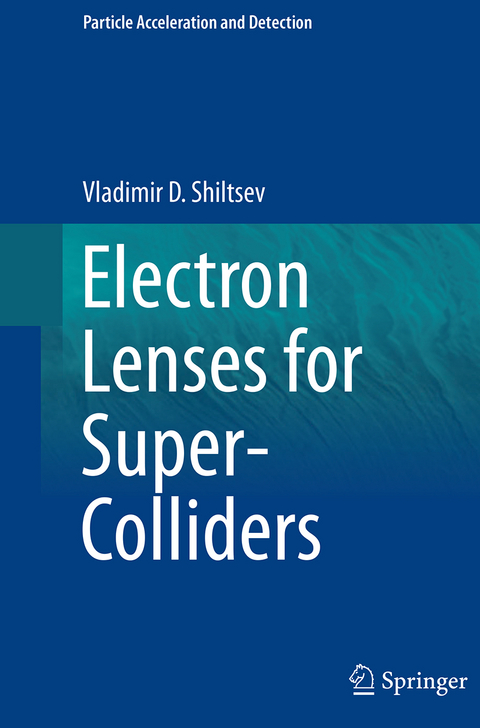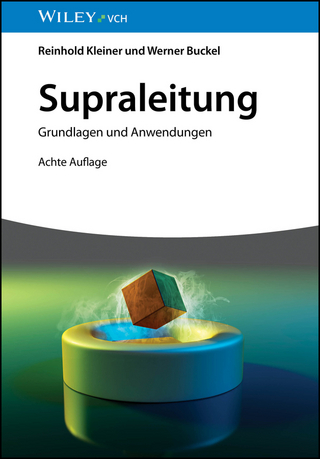
Electron Lenses for Super-Colliders
Springer-Verlag New York Inc.
978-1-4939-5010-2 (ISBN)
This book provides a comprehensive overview of the operating principles and technology of electron lenses in supercolliders. Electron lenses are a novel instrument for high energy particle accelerators, particularly for the energy-frontier superconducting hadron colliders, including the Tevatron, RHIC, LHC and future very large hadron colliders. After reviewing the issues surrounding beam dynamics in supercolliders, the book offers an introduction to the electron lens method and its application. Further chapters describe the technology behind the electron lenses which have recently been proposed, built and employed for compensation of beam-beam effects and for collimation of high-energy high-intensity beams, for compensation of space-charge effects and several other applications in accelerators. The book will be an invaluable resource for those involved in the design, construction and operation of the next generation of hadron colliders.
Vladimir Shiltsev received his PhD in Accelerator Physics in 1994 from Budker Institute of Nuclear Physics (Novosibirsk, Russia). From 1993 to 1995 he was a visiting scientist at the SSC Lab (Dallas, TX) and DESY (Hamburg, Germany). He has been at Fermilab since 1996, where he started the Tevatron Electron Lens project, and then was Head of the Tevatron Department from 2001 to 2005. He is also Founding Director of Fermilab’s Accelerator Physics Center (2007-present), Fellow of the American Physical Society, and Winner of 2004 European Accelerator Prize from European Physical Society.
From the Contents: Part I Colliding Beams Method.- Beam Dynamics Issues in Hadron Supercolliders.- Part II Technology of Electron Lenses.- Major Requirements.- Part III Electron Lenses for Beam-Beam Compensation.- Long-range beam-beam compensation.- Part IV Electron Lenses for Beam Halo Collimation.- Part V Electron Lenses for Space-Charge Compensation.- Theory and Modeling of the SCC with Electron Lenses.- Part VI Other Applications of Electron Lenses.- Electron Lenses for Slow Extraction from Proton Synchrotrons.
| Erscheinungsdatum | 19.08.2017 |
|---|---|
| Reihe/Serie | Particle Acceleration and Detection |
| Zusatzinfo | XV, 188 p. |
| Verlagsort | New York |
| Sprache | englisch |
| Maße | 155 x 235 mm |
| Themenwelt | Naturwissenschaften ► Physik / Astronomie ► Atom- / Kern- / Molekularphysik |
| Naturwissenschaften ► Physik / Astronomie ► Elektrodynamik | |
| Naturwissenschaften ► Physik / Astronomie ► Hochenergiephysik / Teilchenphysik | |
| Naturwissenschaften ► Physik / Astronomie ► Optik | |
| Schlagworte | Application of Electronic Lenses • Beam-beam Compensation • Beam Dynamics in Supercolliders • Beam Halo Collimation • Electron Beam Stability • Electron Lenses in Large Hadron Colliders • Electron Lenses in Particle Accelerators • Electron Lenses in Supercolliders • Longitudinal Beam Collimation • Physics of Electron Lenses • Proton Beam Stability • Space-charge Compensation • Tevatron Electron Lenses |
| ISBN-10 | 1-4939-5010-X / 149395010X |
| ISBN-13 | 978-1-4939-5010-2 / 9781493950102 |
| Zustand | Neuware |
| Informationen gemäß Produktsicherheitsverordnung (GPSR) | |
| Haben Sie eine Frage zum Produkt? |
aus dem Bereich


